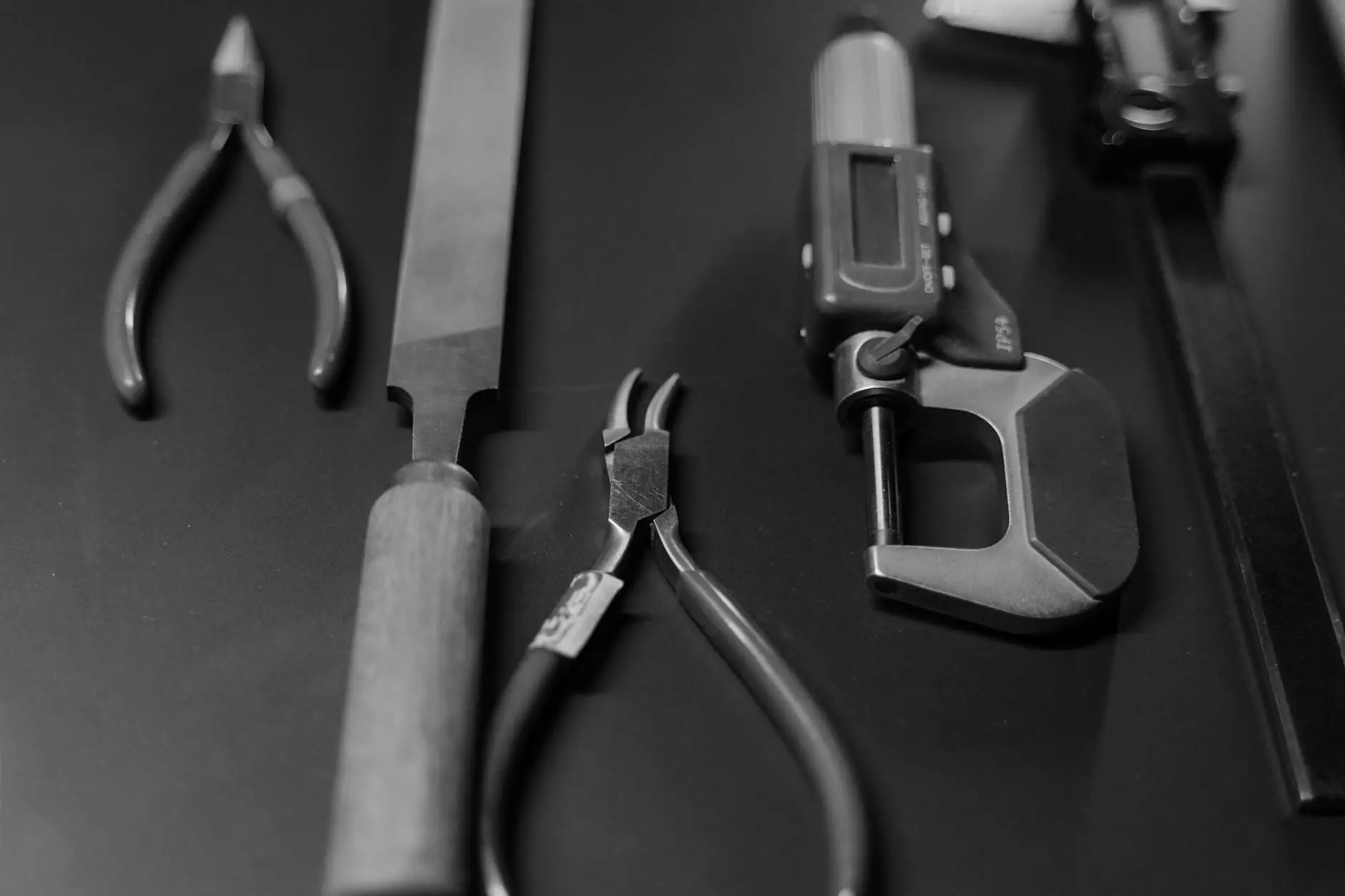Teeth Guard for Grinding at Night: Your Guide to Restful Sleep and Dental Health

Grinding your teeth at night, a condition known as bruxism, can lead to significant dental problems if left unaddressed. Many individuals are unaware that they grind their teeth during sleep, often discovering it through symptoms like jaw pain, headaches, or worn-down teeth. This article aims to provide a comprehensive overview of using a teeth guard for grinding at night, its benefits, the types available, and how to choose the right one for your needs.
Understanding Bruxism: Causes and Symptoms
Bruxism is not just a habit; it is often linked to various underlying issues including:
- Stress and Anxiety: One of the most significant contributors to teeth grinding is stress. Individuals experiencing high levels of tension may unknowingly clench their jaws.
- Sleep Disorders: Conditions like sleep apnea and insomnia can exacerbate grinding behaviors during the night.
- Dental Issues: Misaligned teeth or an abnormal bite can lead to bruxism as the body tries to adjust to discomfort.
- Medications: Some medications, particularly antidepressants, may have side effects that include teeth grinding.
Common symptoms of bruxism include:
- Jaw muscle soreness
- Headaches, often in the temples
- Worn enamel or cracked teeth
- Earaches or a feeling of fullness in the ears
- Disrupted sleep patterns
The Importance of a Teeth Guard
Investing in a teeth guard for grinding at night is crucial for several reasons:
- Prevention of Dental Damage: A teeth guard acts as a protective barrier between your upper and lower teeth, minimizing wear and tear caused by grinding.
- Reduction in Jaw Tension: These guards can alleviate pressure on the jaw, reducing pain and discomfort associated with bruxism.
- Improved Sleep Quality: By easing the physical stress on your body, a teeth guard can help promote a more restful night's sleep.
- Cost-Effective Solution: Investing in a guard can save you from expensive dental treatments in the future due to tooth damage.
Types of Teeth Guards Available
When it comes to teeth guards for grinding at night, several types are available to suit individual needs:
1. Custom-Made Teeth Guards
These are crafted by dental professionals based on molds of your teeth, ensuring a perfect fit and maximum comfort. Custom guards are generally the most effective option, although they can be more costly.
2. Boil-and-Bite Guards
These guards can be molded at home. You boil the guard to soften it, then bite into it to create a mold of your teeth. This option offers a good compromise between cost and comfort, but may not be as precise as a custom guard.
3. Over-the-Counter Guards
Available at most drugstores, these pre-formed guards are the most affordable option. However, they may not fit as well, leading to discomfort or shifting during sleep.
How to Choose the Right Teeth Guard for You
Selecting the ideal teeth guard for grinding at night can significantly affect your comfort and dental health. Here are some factors to consider:
- Comfort: Ensure the guard is comfortable enough to wear throughout the night. If you find a guard cumbersome, it may defeat its purpose.
- Fit: A proper fit is crucial. A poorly fitting guard can hinder sleep quality and lead to jaw issues.
- Material: Teeth guards are made from various materials. Softer guards offer more comfort, while harder guards provide better protection.
- Durability: Some guards last longer than others. Discuss with your dentist which option suits your oral health needs.
- Price: Consider your budget when choosing a guard. While custom guards might be pricier, they often provide better long-term benefits.
Taking Care of Your Teeth Guard
Proper maintenance of your teeth guard for grinding at night ensures its longevity and effectiveness. Here are some tips for care:
- Clean Regularly: Rinse the guard before and after each use. Use a toothbrush with non-abrasive toothpaste to clean it thoroughly once a week.
- Store Properly: Always keep your guard in its case when not in use to protect it from damage and contamination.
- Avoid Extreme Temperatures: Do not expose your teeth guard to high heat or extreme cold to prevent warping.
- Replace When Needed: Signs of wear such as cracks or tears indicate it's time to replace your guard.
Consulting with a Dentist
While over-the-counter options exist for teeth guards for grinding at night, consulting a dentist is advisable for personalized recommendations. Your dentist will evaluate your specific situation, discuss potential underlying causes, and suggest a suitable guard type. They can also monitor your oral health and offer treatments to reduce bruxism effects, such as muscle relaxants or behavioral therapy.
Conclusion: Your Path to Better Oral Health
Finding a solution for teeth grinding can greatly improve your quality of life. Using a teeth guard for grinding at night is a proactive step towards protecting your dental health, improving your sleep, and reducing stress on your jaw. Don't hesitate to reach out to a dentist for personalized advice tailored to your needs. Embrace a healthier smile and sounder sleep with the right teeth guard!
Call to Action
If you’re ready to take control of your dental health and improve your sleep quality, contact Medental SF today. Our team of experienced professionals is here to assist you in selecting the perfect teeth guard for grinding at night. Schedule an appointment now and take the first step towards a healthier, happier you!









